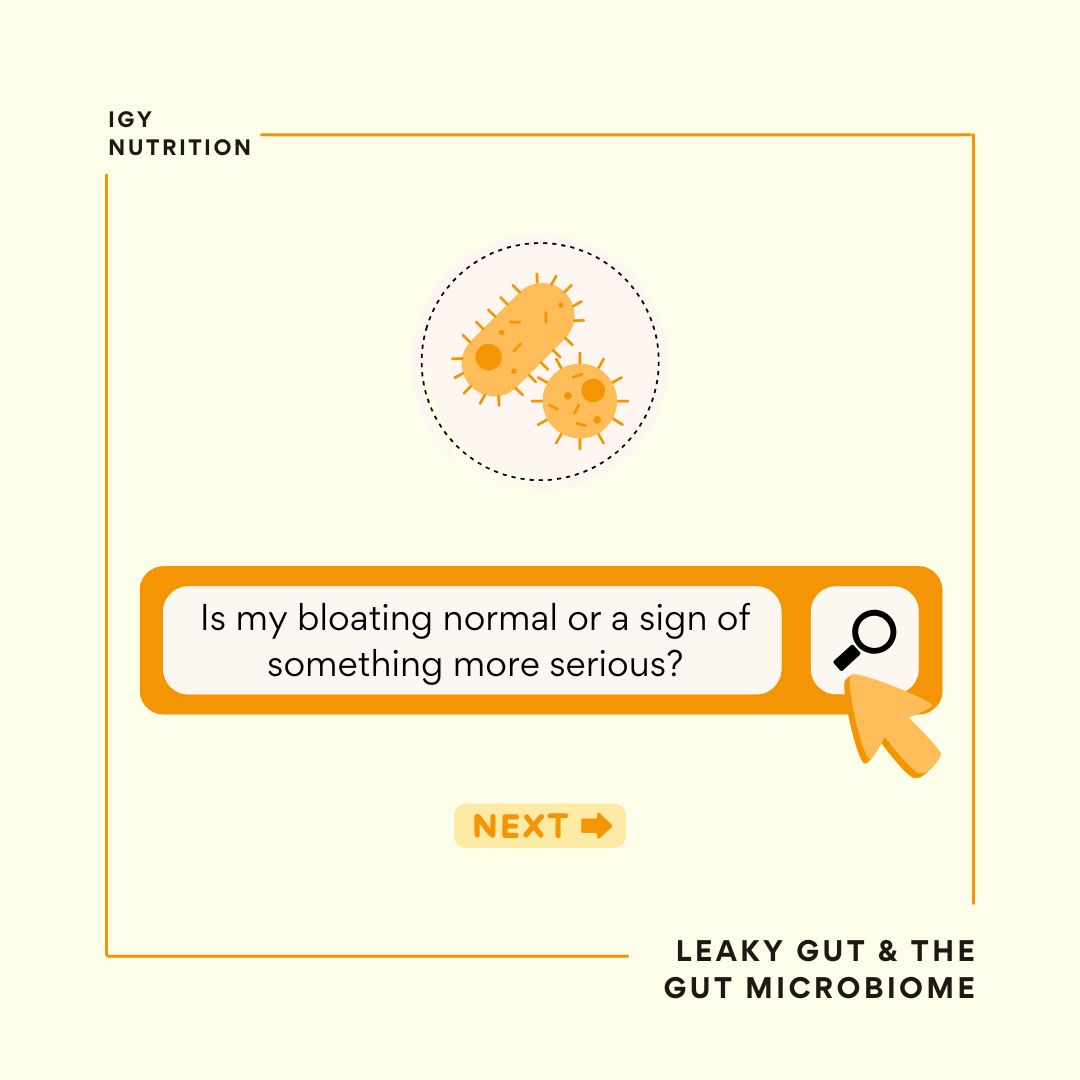Bloating is one of the most common digestive complaints, affecting millions worldwide. While occasional bloating is normal, persistent or severe cases could signal an underlying issue. So, how do you know when your outbreaks are harmless and when to investigate further? Let’s break it down.
What Causes Normal Bloating?
Bloating happens when excess gas builds up in the digestive system, leading to discomfort, tightness, and sometimes visible distention. Common causes include:
- Eating too fast or too much – If you overeat, you may become bloated. We’ve all been there.
- High-fiber foods – Beans, lentils, cruciferous vegetables, and whole grains can produce gas as they ferment in the gut.
- Carbonated drinks – Sodas and sparkling water introduce extra gas into the digestive tract.
- Menstrual cycle – Hormonal fluctuations can cause temporary bloating in women.
If bloating occurs occasionally and subsides quickly, it’s likely nothing to worry about. However, if it is frequent, painful, or persistent, it may indicate a deeper gut health issue.
When Bloating Might Be a Sign of a Problem
If you experience issues regularly or alongside other symptoms, it could indicate:
1. Small Intestinal Bacterial Overgrowth (SIBO)
SIBO occurs when bacteria that should reside in the large intestine overgrow in the small intestine, leading to excessive gas production. Symptoms often include (Source):
- Bloating that worsens throughout the day. Some develop severe bloating
- Chronic diarrhea or constipation
- Nutrient deficiencies
- Intense fatigue and brain fog
2. Food Intolerances or Sensitivities
Certain foods can trigger bloating due to poor digestion or sensitivity. Common culprits include:
- Lactose (dairy products) – Some people lack lactase, the enzyme needed to break down lactose.
- Gluten (wheat, barley, rye) – In cases of gluten intolerance or celiac disease, bloating may occur after consuming gluten-containing foods.
- High-FODMAP foods – Some individuals have difficulty digesting fermentable carbohydrates in onions, garlic, apples, and certain legumes.
3. Irritable Bowel Syndrome (IBS)
IBS is a common condition characterized by bloating, abdominal pain, and altered bowel movements (diarrhea, constipation, or both). Triggers may include stress, certain foods, or gut microbiome imbalances. We encourage you to consult a healthcare professional with experience in treating gut microbiome issues if you have IBS.
4. Gut Dysbiosis (Microbiome Imbalance)
An imbalance between beneficial and harmful gut bacteria can lead to bloating and digestive discomfort. Factors that contribute to gut dysbiosis include (Source):
- Overuse of antibiotics
- Diets high in processed foods and sugar
- Chronic stress
5. Constipation
Gas can accumulate when stool sits in the colon for too long, leading to bloating. Low fiber intake, dehydration, and sedentary lifestyles can contribute to constipation.
6. More Serious Conditions (Less Common)
In rare cases, bloating can be a symptom of more serious issues like:
- Celiac disease – An autoimmune disorder triggered by gluten
- Inflammatory Bowel Disease (IBD) – Crohn’s disease or ulcerative colitis
- Ovarian cancer – Persistent bloating, especially in postmenopausal women, should be evaluated by a doctor.
How to Reduce Bloating and Improve Gut Health
If you experience frequent issues, consider these strategies:
1. Keep a Food Journal
Track what you eat and when your issues occur to identify potential triggers.
2. Eat Slowly and Mindfully, Don’t Overeat
Chewing thoroughly and avoiding gulping air while eating can help reduce instances. If you overeat, you may become slightly bloated. That’s normal.
3. Support Your Gut with Probiotics and Prebiotics
Probiotic-rich foods (yogurt, kefir, sauerkraut) and prebiotic fibers (bananas, onions, garlic) can promote a balanced gut microbiome.
4. Stay Hydrated and Increase Fiber Gradually
Drinking plenty of water and slowly increasing fiber intake can help prevent constipation-related bloating.
5. Manage Stress
Chronic stress can disrupt digestion and contribute to gut issues, so practices like yoga, meditation, and deep breathing can be beneficial.
6. Take Your Symptoms Seriously If They Become Severe
If your issues become severe often, it might be time to consult a healthcare professional for some help. You can also try IgY Max to see if it mitigates your symptoms.
Final Thoughts
Occasional bloating is normal, but persistent irritation may indicate an underlying gut issue. Paying attention to your symptoms and making dietary and lifestyle changes can go a long way in managing your gut health. If bloating is severe, persistent, or accompanied by other symptoms like weight loss or severe pain, consulting a healthcare professional is essential.
Taking care of your gut can reduce bloating and improve overall digestive health! Thanks for joining us today. Learn more at IgyNutrition.com.




